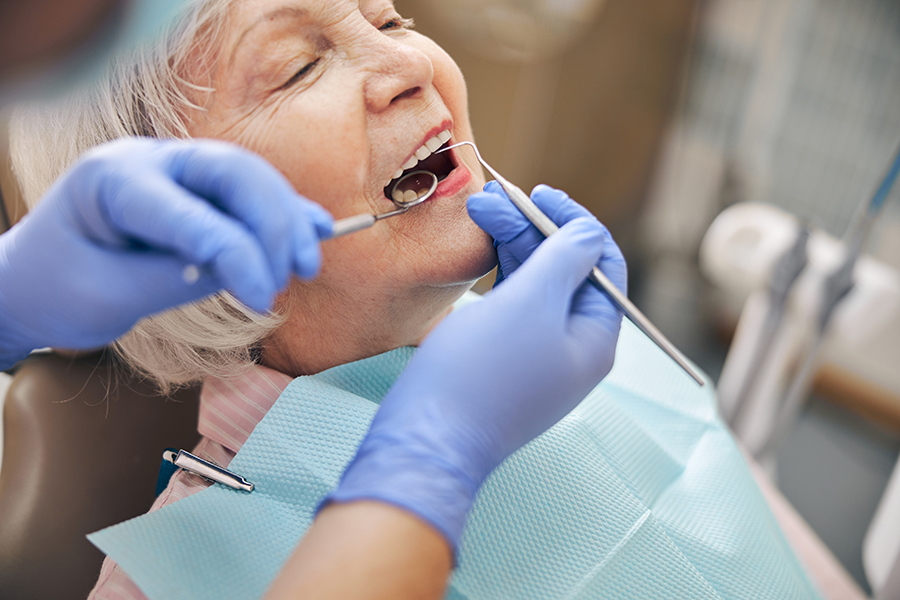
Geriatric Dentistry
Geriatric dentistry, also known as gerodontics, is a specialized field of dentistry that focuses on the oral health needs of older adults. As individuals age, they may face unique challenges and concerns related to their oral health, making specialized dental care essential in promoting overall well-being.
One of the key considerations in geriatric dentistry is the impact of aging on oral tissues. Changes in the oral cavity, such as reduced saliva production and thinning of the mucosa, can contribute to conditions like dry mouth. Dry mouth not only affects comfort but also increases the risk of dental decay and gum disease. Geriatric dentists are trained to address these issues and develop strategies to manage dry mouth through hydration encouragement and, when necessary, the use of saliva substitutes.
Another significant aspect of geriatric dentistry is the management of dental diseases, including cavities and periodontal (gum) disease. Older adults may have a higher prevalence of these conditions due to factors such as medication use, systemic diseases, and compromised immune systems. Regular dental check-ups are crucial for early detection and intervention to prevent the progression of these issues.
Tooth loss is a common concern among older adults, and geriatric dentists play a vital role in providing solutions such as dentures, bridges, or dental implants to restore function and aesthetics. These options help improve chewing ability, speech, and the overall quality of life for elderly patients.
Geriatric dentistry also addresses the importance of maintaining good oral hygiene habits. Dentists in this field educate older adults on proper brushing and flossing techniques and emphasize the role of a balanced diet in supporting oral health. Education and preventive care are essential components of geriatric dentistry to empower older individuals to take an active role in maintaining their oral well-being.
Moreover, geriatric dentists collaborate with other healthcare professionals to provide comprehensive care for older adults. They consider the interconnectedness of oral health with systemic health, recognizing that conditions like diabetes and cardiovascular disease can impact dental health and vice versa.
In conclusion, geriatric dentistry is a specialized branch of dental care that caters to the unique oral health needs of older adults. Through preventive measures, restorative treatments, and education, geriatric dentists contribute to enhancing the overall health and quality of life for elderly individuals. Regular dental visits and proactive oral care are crucial elements in ensuring the well-being of the aging population.

